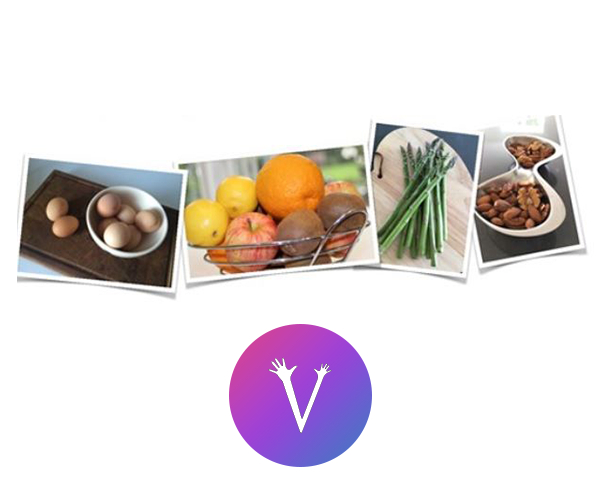Combating the Effects of Malnutrition in Older Adults

One of my residing memories of my late Grandmother was hearing her say ‘I’m just not very hungry’ when presented with a plate of food. This is an all-too frequent feeling that our older / elderly adults seem to experience.
It’s an inconvenient truth that the older we get, especially beyond the age of around 60, the more prone we become to malnutrition. In fact, approximately 1 in 4 elderly adults are malnourished. This statistic becomes alarmingly high in hospital-bound older adults, where malnourishment can reach as high as 60%.
Scientists are still debating what really causes this. A possible cause is that when we get older, our bodies become less responsive to satiety hormones around eating times (i.e. those hormones responsible for making us feel hungry and full). These hormones ‘tell’ our bodies when to start and stop eating.
Alongside these changes in hunger and appetite, our bodies go through a host of changes as we get older. Our muscles begin to get smaller, our bones become weaker, and conditions such as arthritis become a daily burden.
Exercise is a fantastic way of keeping your whole body and mind in shape as we age; it may even be the single best thing you can do.
But good nutrition couldn’t be more important than when we are getting older. At Move it or Lose it, we want to see older adults across the UK moving and exercising more, but we also want to see them eating better too.
So, my three top tips to help older people on their way to achieving a better state of healthy eating are:
Top Tip 1 – Boost the protein intake!
Dietary protein is crucial for maintaining the health of our muscles. It’s natural to start losing muscle as we get older, and this can lead to a variety of health issues such as type II diabetes and falls. However, combining a good level of protein intake with your FABS exercise classes is the best way to help keep your muscles in check during ageing.
Top Tip 2 – Keep up the fruit and vegetable intake!
Fruits and vegetables are dense sources of nutrients including vitamins and minerals that can all help make ageing more manageable and enjoyable. Plus, a good intake of fruits and vegetables helps to reduce the risk of diseases such as heart disease.
Top Tip 3 – Consider a vitamin D supplement.
There are very few times that a nutritional supplement is really needed at any age in healthy adults. However, a lack of vitamin D is associated with poor muscle strength and tiring out easily. Living in the UK, we don’t get as many UVB rays (the rays that allow your skin to make vitamin D) as we might need, and spend a lot of time indoors. So, to help boost older people’s health it’s worth considering a good vitamin D supplement.
Doing these three things will help keep your clients healthier and happier for longer!
